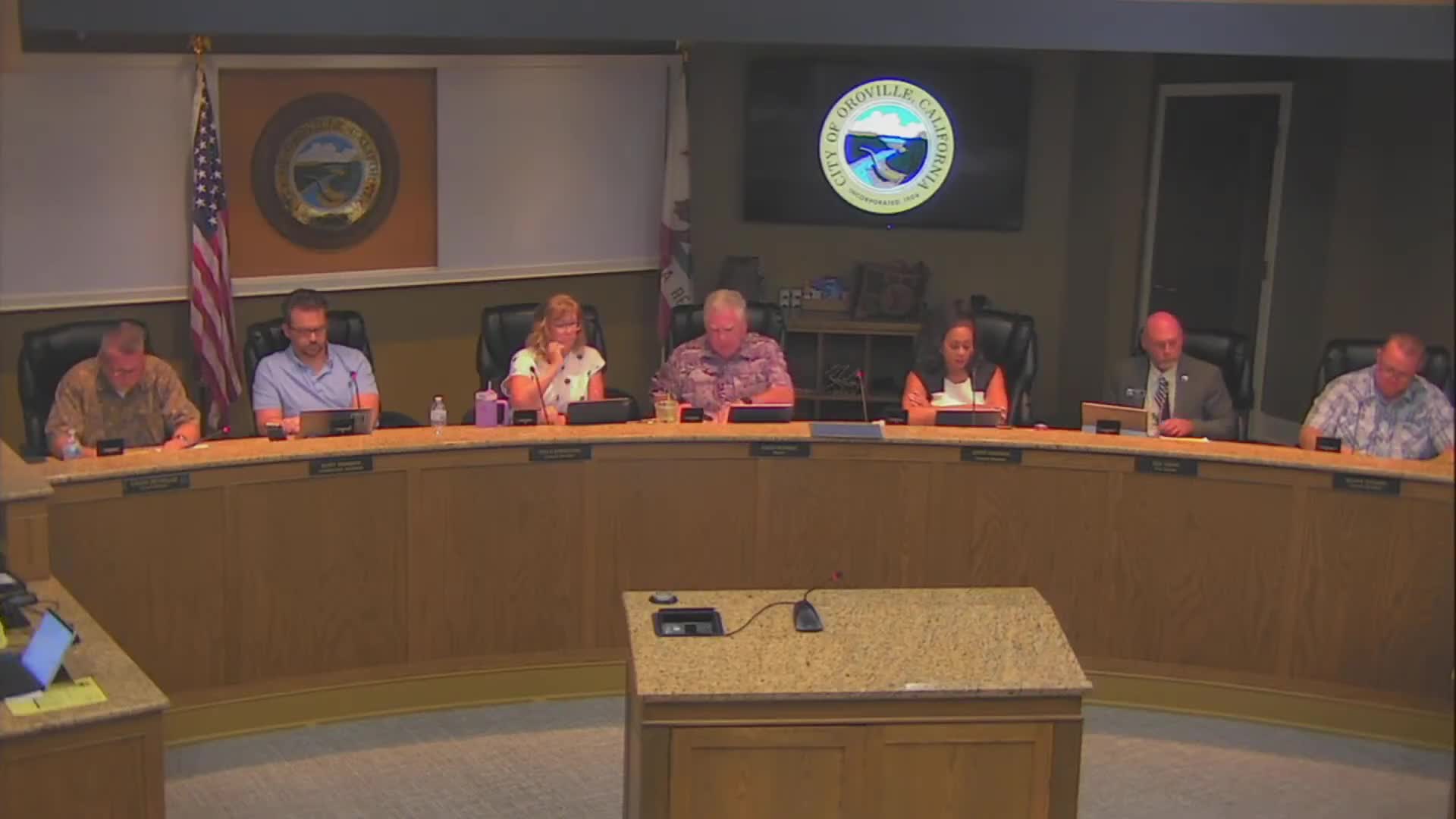Article not found
This article is no longer available. But don't worry—we've gathered other articles that discuss the same topic.
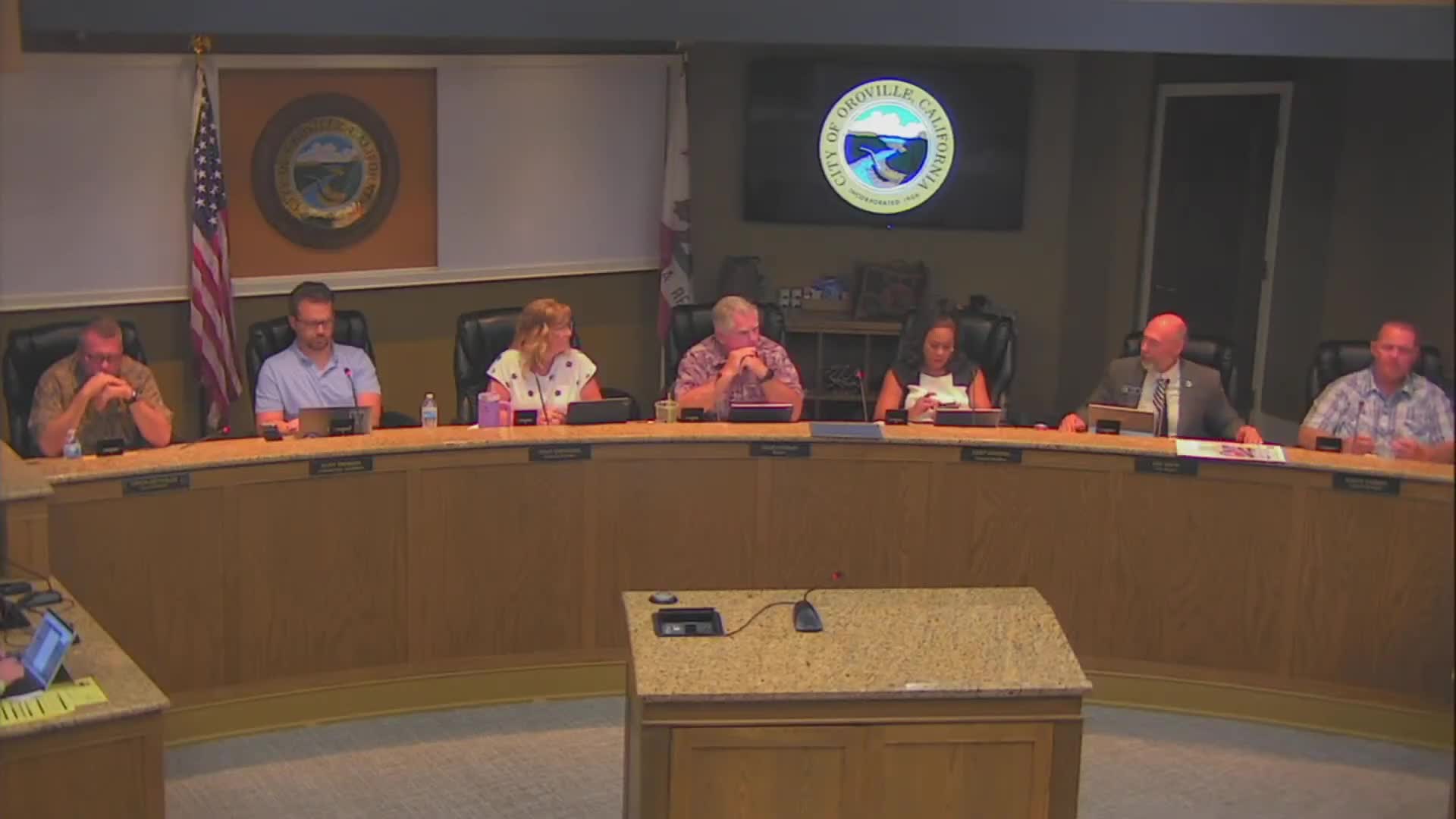
Council hears update on biomass forum, potential large‑scale project and related funding advocacy
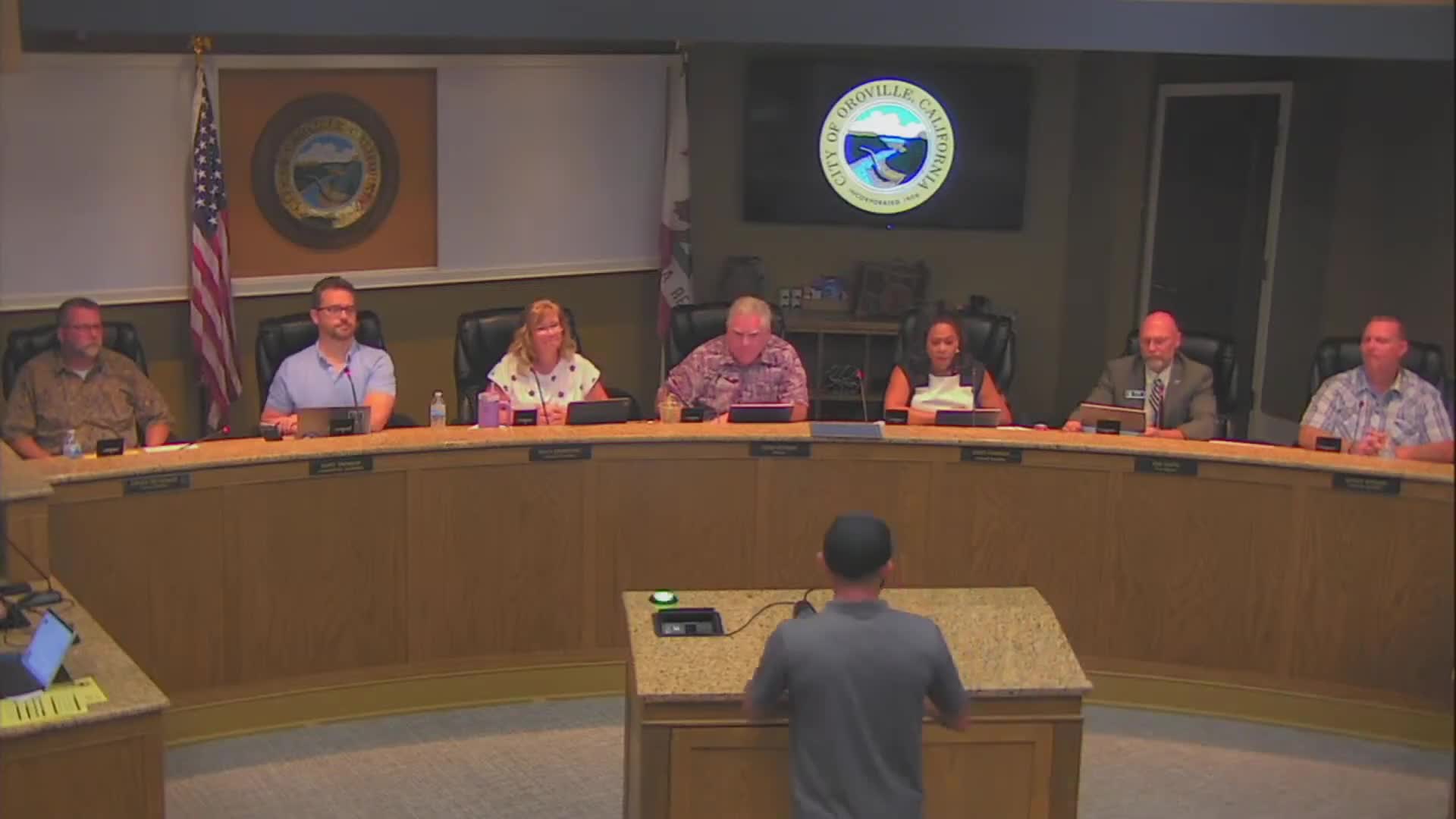
Feather River cleanup set for Sept. 21; volunteers sought for litter removal, revegetation and encampment abatement
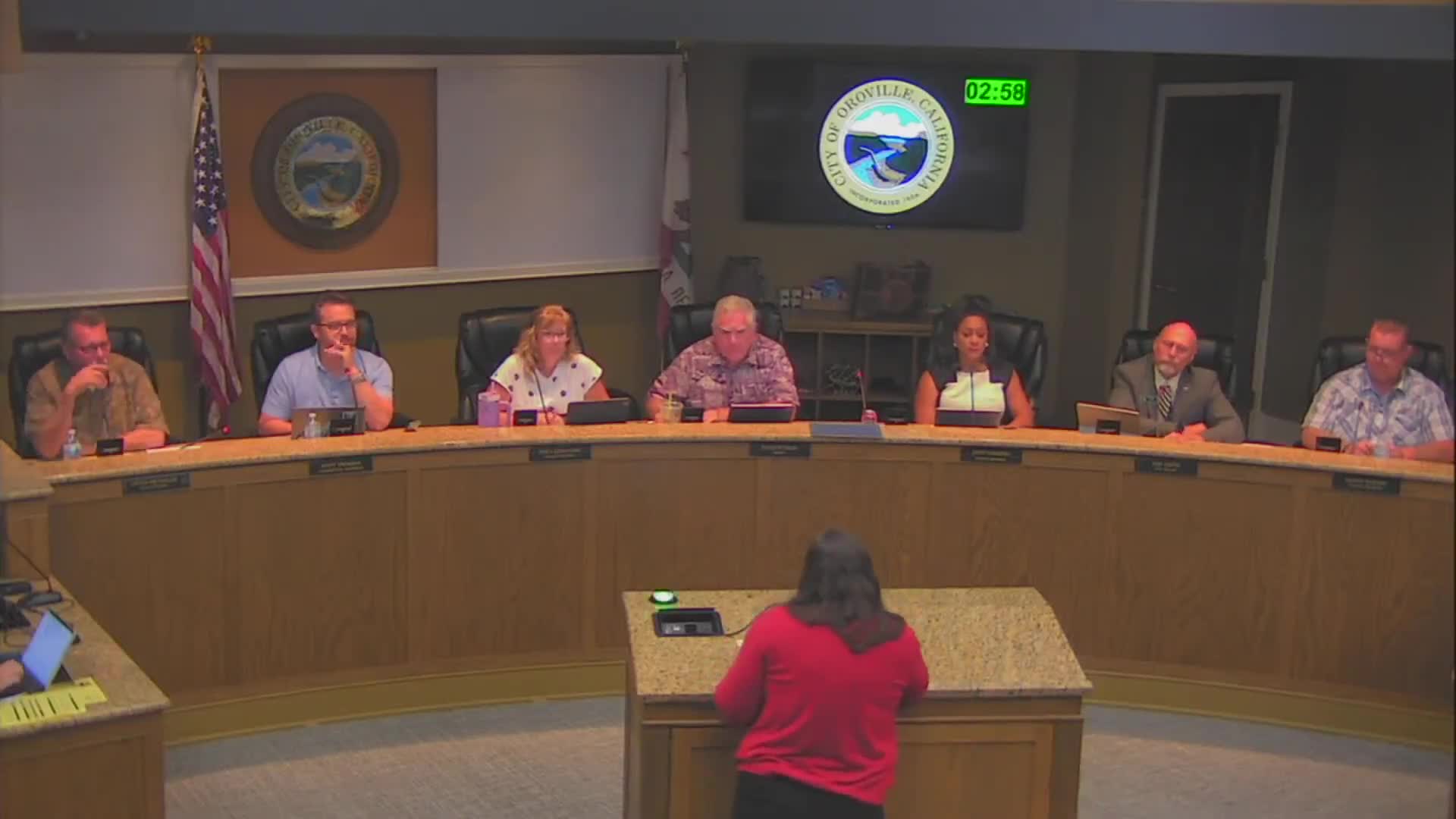
Butte County Library director announces September fine amnesty and one-year fine-free pilot
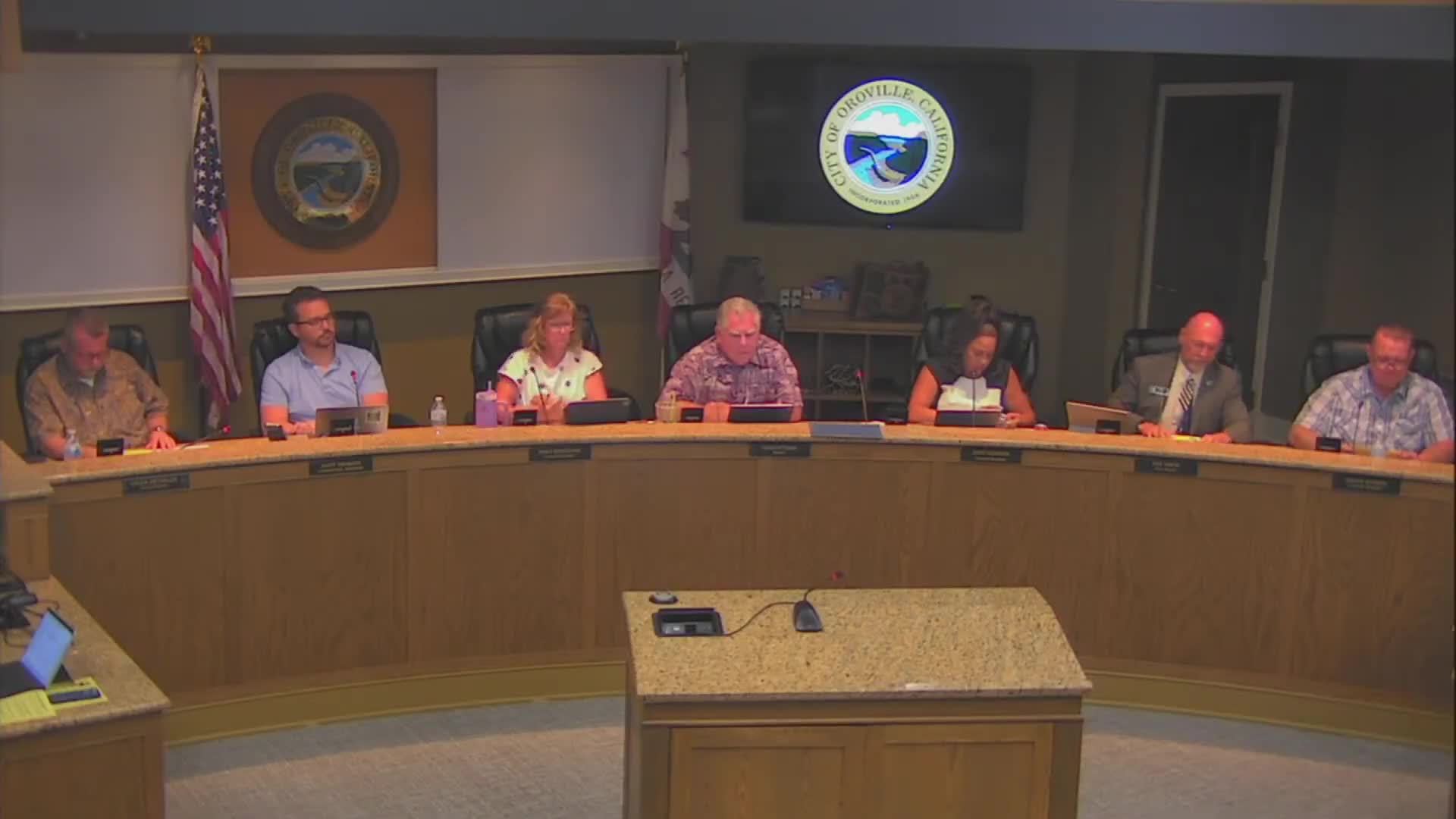
Council directs staff to draft zoning clarifications for tattooing, permanent makeup and micropigmentation
